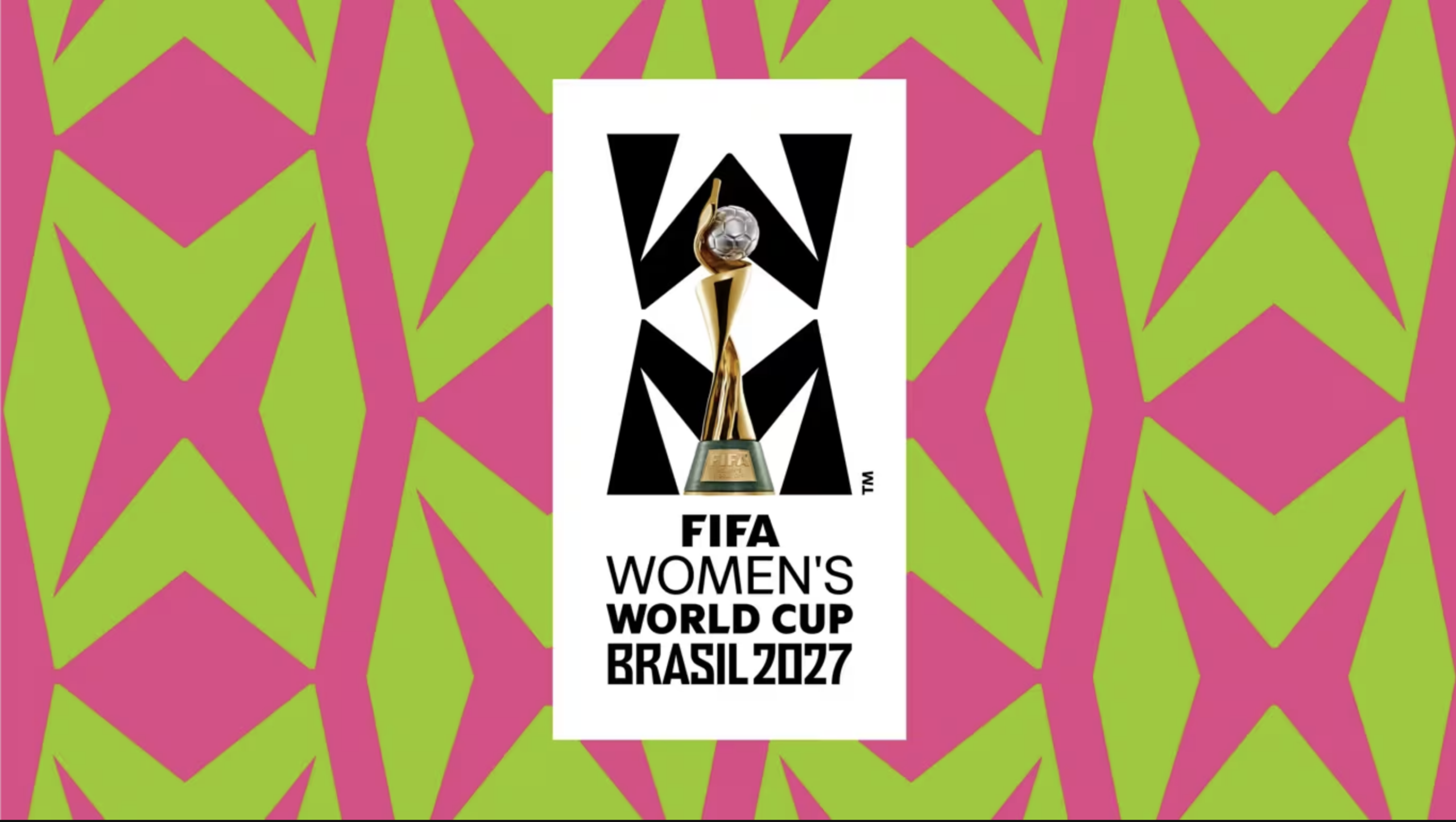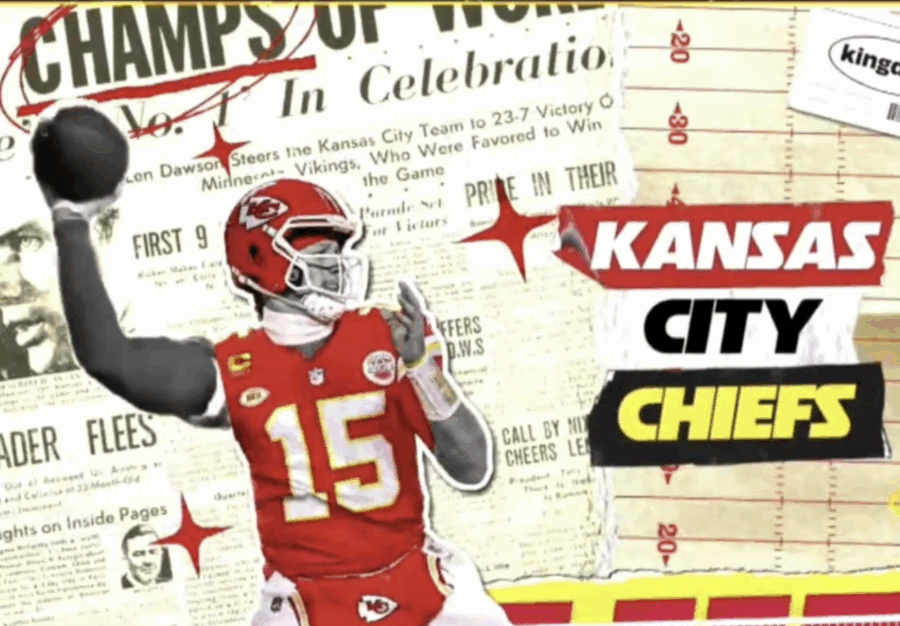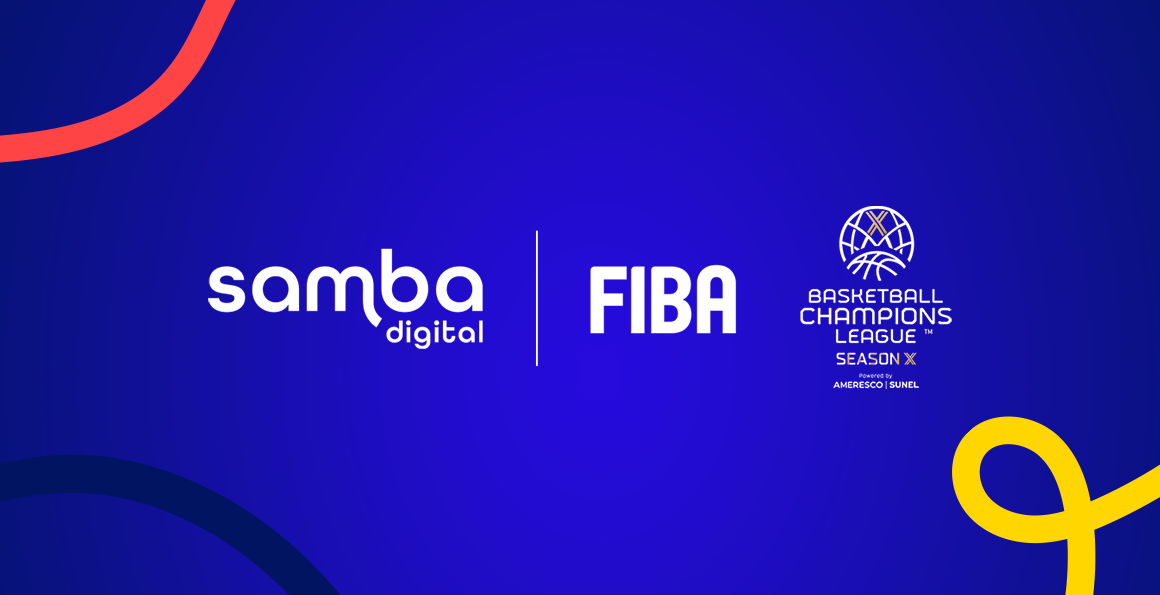Globalization is Shrinking the World of Sports
In 2019, the Jacksonville Jaguars will play a National Football League game in London for the 7th consecutive year
As the league has expanded their London slate to a record four games this season, the world of sports is reaching new heights of globalization.
There remains debate over whether or not Shahid Khan, owner of both the Jaguars and current British Premier League side Fulham, is truly building a fan base in England before a potential move towards the first British NFL team. Regardless of the endgame, Khan and the league are looking to fully harness a wider audience than was accessible in the past.
The London metro area and its population of 13.6 million is larger than that of Los Angeles (13.1 million). Considering that both the Rams and Chargers relocated to LA in 2016 and 2017, respectively, the London market is likely coveted ground.
The efforts to connect the NFL and London go both ways. Since its inception, the brand new Tottenham Hotspur Stadium was branded as a new home for American Football in London. White Hart Lane will host two of the four International Series games this season.
The NFL and the Premier League make for easy transitions between the United States and United Kingdom due to the shared language of their homelands. That has made it easy for gigantic brands like Manchester United and the New England Patriots to expand their reach.
But due to the proliferation of social media, there is incredible growth potential for the individual brands of leagues, teams, and players alike. The ability to share videos and break down language barriers has eased the possibility of expanding into unfamiliar cultures.
Prior to the 2017 season, the National Basketball Association announced a multi-year deal with Rakuten to distribute all live games in Japan.
Yet television rights are only the start. The NBA now has its own Japanese Twitter account to support their fans. Major League Baseball, popular in Latin America, has its own Twitter in Spanish account as well.
Despite these growing trends in the United States, American teams have not fully invested in catering to their international audiences on a personal level by-and-large. Though NBA and MLB have their own accounts in other languages, language-specific accounts that cover an individual teams largely remain run by fans themselves.
With so much tangible interest in leagues, it would behoove organizations to invest in their own brand now that they have a captive audience. Upon the arrival of Chinese superstar Yao Ming in 2002, interest in the sport boomed, and the team still has a large following in the country of over 1.3 billion people.
Yet, no official Houston Rockets Twitter account exists in Mandarin or any of the spoken languages of China.
This problem seems to be a problem for only American sports organizations to this point. French soccer giants like Paris Saint-Germain have established their own multi-lingual Twitter presence, with Les Parisiens touting almost one million followers combined from their English, Spanish and Brazilian/Portuguese-language accounts.
PSG’s example by itself is enough to show the pure value of expanding to other continents, while the digital age makes it an obtainable to engage with anyone a brand reaches.
Author: Alex Hooper
Other News

Brazil emerges as a key market for FIFA, international clubs and digital sports strategy

Samba digital launches Fansights

News Tank interview: “Samba will serve as a bridge between European clients and the US market”

Samba Digital teams up with the Houston Texans to elevate Somos Texans across the U.S. and Mexico

The Kansas City Chiefs win Emmy Award for “Viva Chiefs’ Kingdom”

